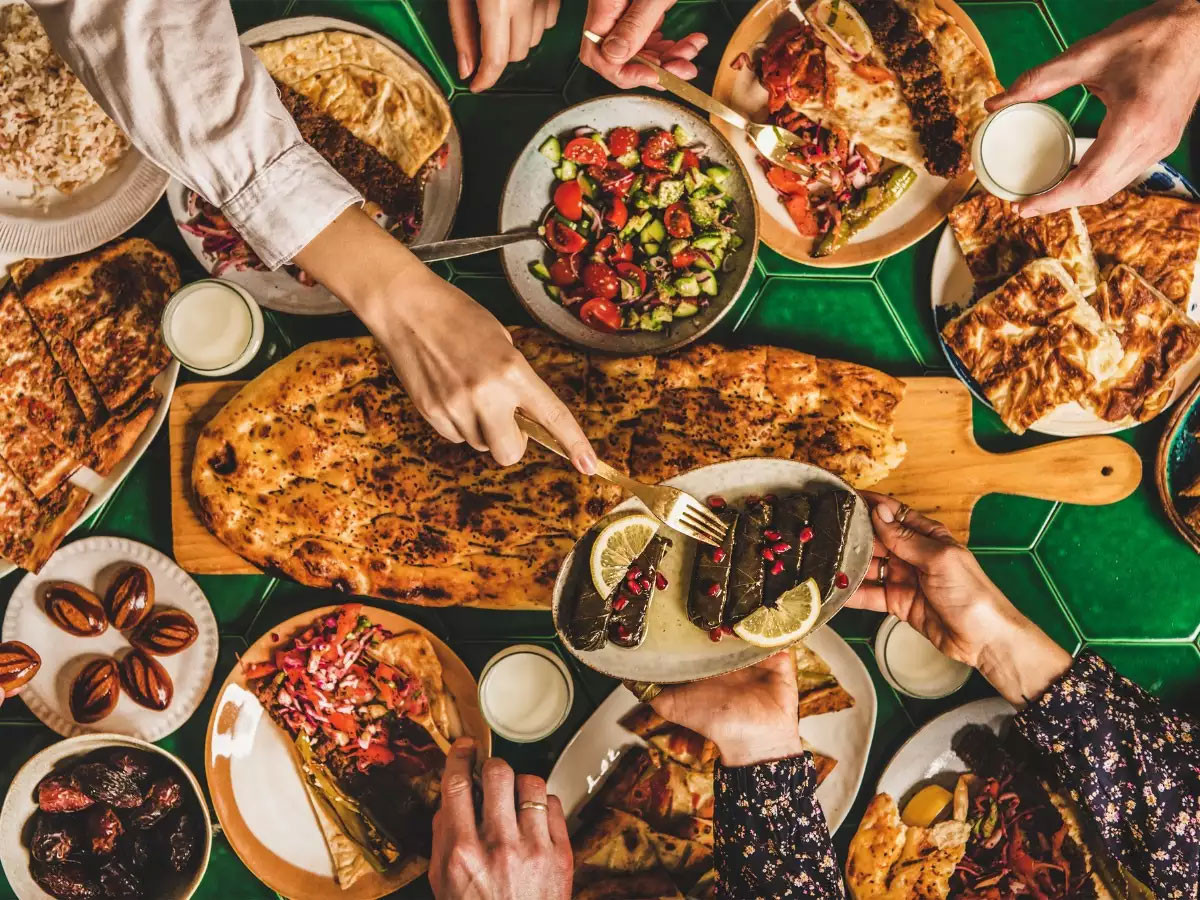
It is normal for foodies to go all out during the festive season! Eid had our stomachs full to the brim and we would not have chosen to spend the long holidays in any other way. However, now that the much-needed break is over, it is time to get back on track. Compiled from Healthline, here is a list of five tips that can help you to jump right back into your normal routine.
1. Cut back on indulgence
The festive period is filled with sugary treats and large portions of savoury foods. It’s important to get back on track as quickly as you can after the break – the more you continue to indulge, the harder it is going to be to get back into your usual routine. It is also usual over the holiday season to get lots of food-related presents which you wouldn’t usually buy such as chocolates, cookies and brownies. Try to avoid temptation by keeping them sealed and opening them on the weekend.
2. Set realistic goals
Be realistic about your training and nutrition goals. Going too hard, too soon is not the way to go! Make sure you commit back to your usual training plan as soon as you can. Training encourages a calorie deficit and helps to maintain muscle mass and growth. Not all weight loss can be attributed to fat loss and therefore without proper training, weight loss may actually be caused by losses in muscle mass.
However, don’t go overboard with your training to try and make up for the indulgence. Get back on a realistic plan and stick to it. This also counts for nutritional goals. Make sure you are properly fuelled for your training sessions, especially for longer rides where you’ll need to have taken in enough carbohydrates to complete the training efficiently.
3. Eat a balanced diet
It is important to bounce back with a balanced diet. Fill each meal with essential nutrients and try to cut back on what you don’t need. High-quality protein can help to promote satiety and slow-releasing carbohydrates (low GI) can assist in providing energy for longer to help avoid snacking. This should also ensure that you reduce your need to eat the bigger portions that you have been used to over the Christmas period. Some examples of slow-releasing carbohydrates include brown rice, sweet potatoes and pearl barley.
4. Eat little and often
It’s common to think that a key strategy in losing weight is to skip meals, however this isn’t the case. Eating little and often helps to prevent hunger and keeps your blood sugar levels constant to help prevent cravings for sugary foods. This should also ensure that you are providing your body with enough fuel for training.
Any reduction in food intake should be done across the day and across meals, not by avoiding or skipping a meal. Some people attempt to crash diet which induces large calorie deficits with the aim of losing weight quickly. Although this may work for the minority, it is not the best solution for weight loss and can actually cause your body to preserve energy in the form of fat stores, thereby slowing your metabolism and preventing fat burning in the long run.
5. Be prepared
In order to stay back on track with your nutrition, it is very important that you are prepared with all your meals. If you know that you are going to be out all day, then make sure you prepare a meal and snacks which you can take with you. This will prevent you from buying unhealthier options when you are out and about and can help you to keep on top of what you’re eating.
Thinking a few days ahead can have significant benefits when trying to stick to a plan as it helps you to feel prepared, get the right food, and be organised. Also ensure that you keep a nutritious snack with you wherever you go so that when hunger strikes, you can avoid the temptation of sugary foods.
Have something to add to the story? Share it in the comments below.







1725446940-0/Untitled-design-(16)1725446940-0-270x192.webp)









COMMENTS
Comments are moderated and generally will be posted if they are on-topic and not abusive.
For more information, please see our Comments FAQ